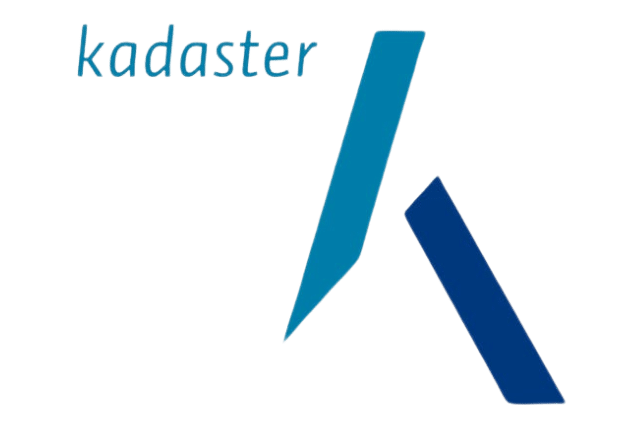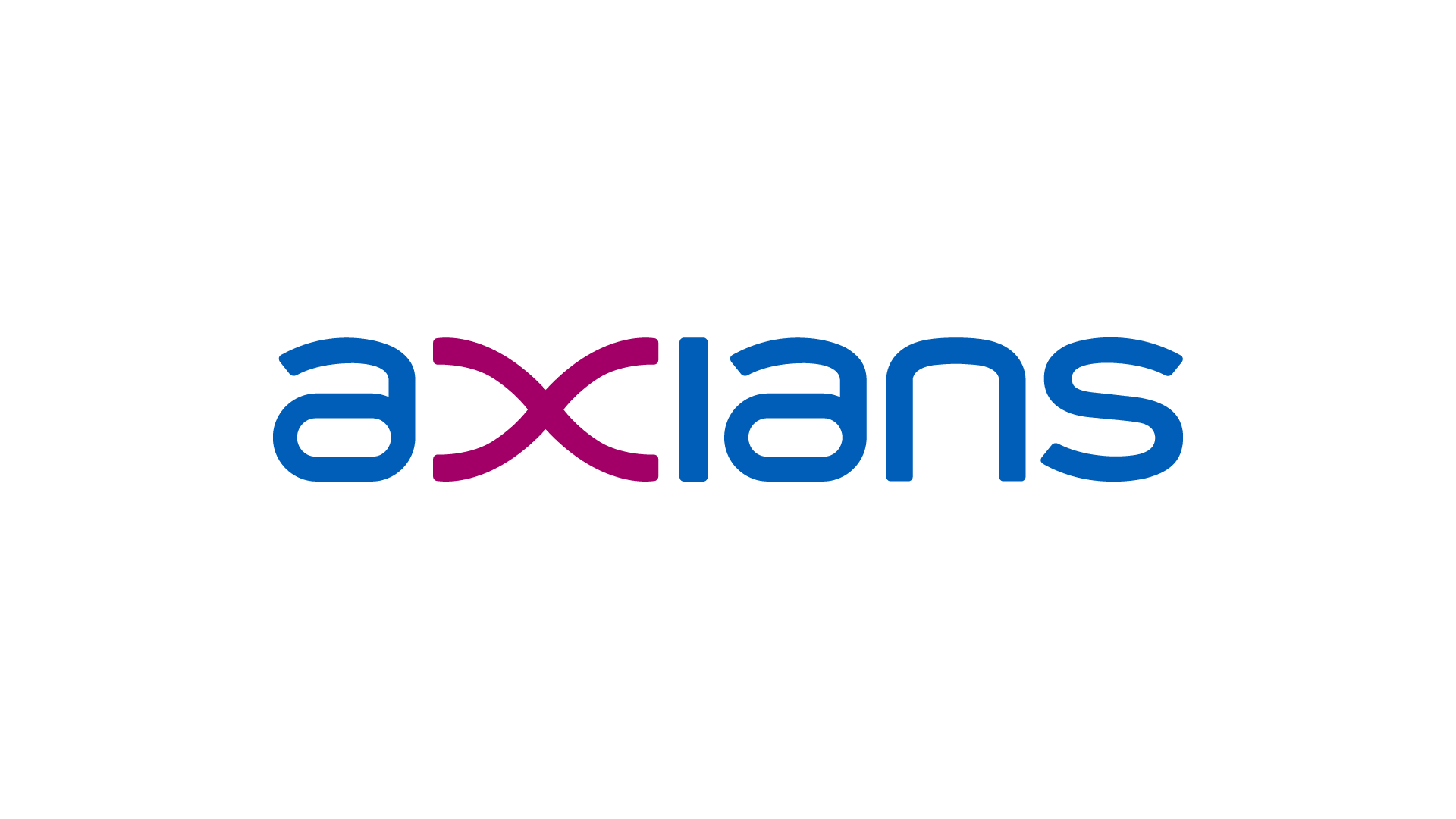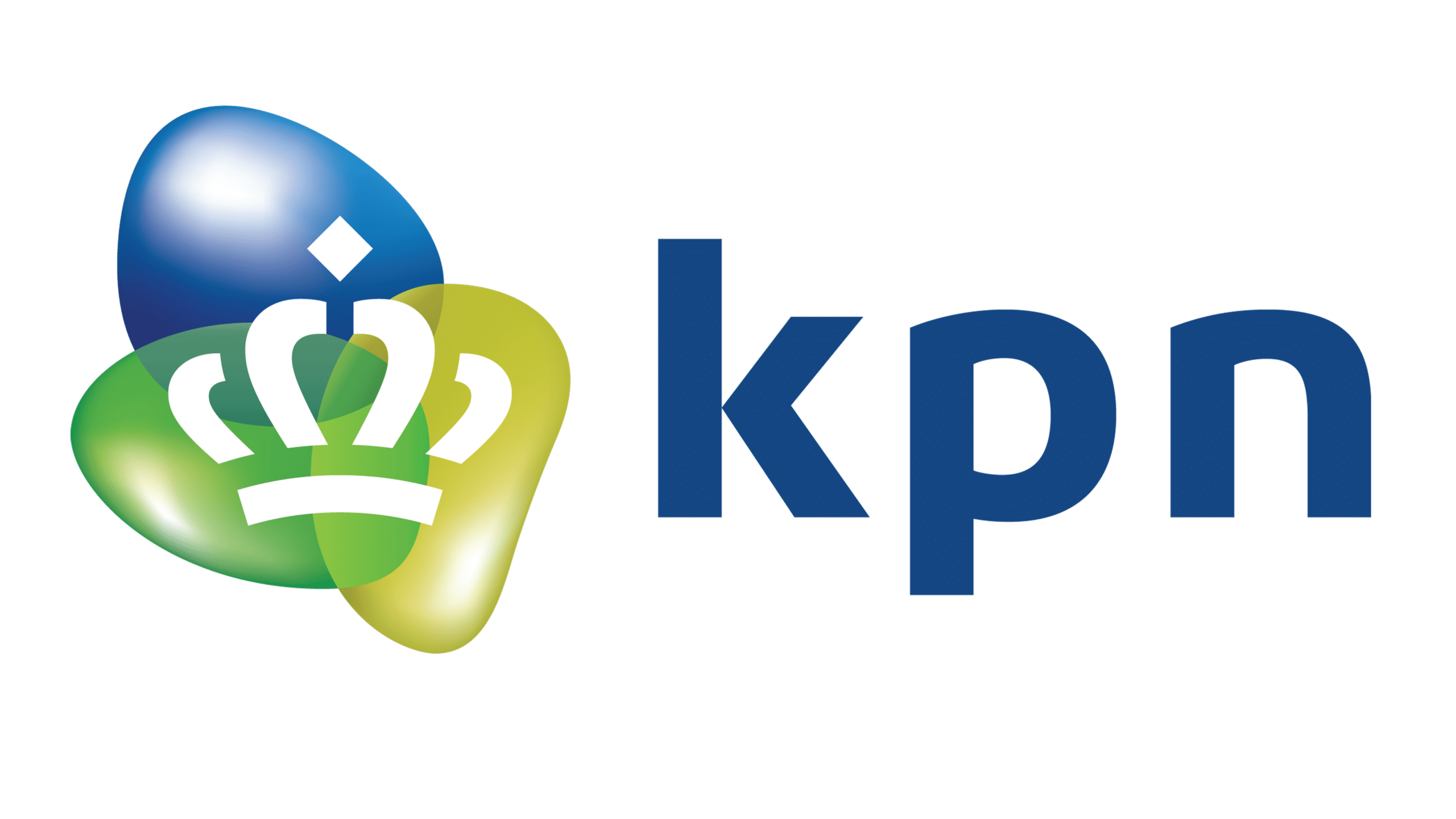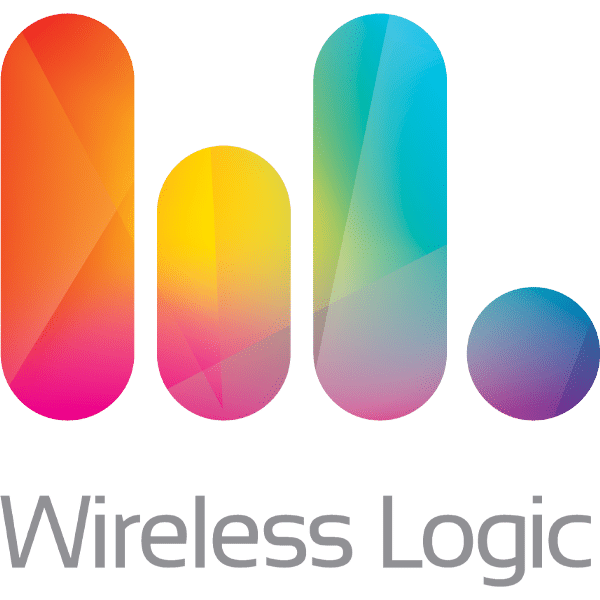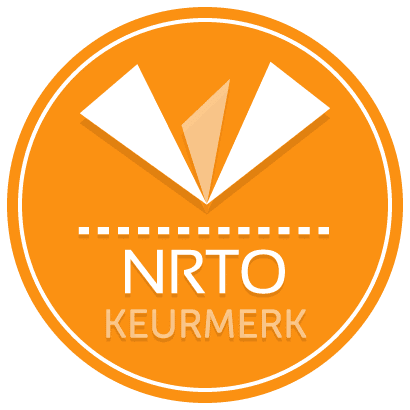Algemene omschrijving
This self-study package does not expire after one year. Participants have lifetime access to the e-learning.
This Certified Python Professional (C|PP™) self-paced course contains the course materials, audio with every slide, demos, labs and exercises for download for every topic and a digital ePub version.
Students who have feared learning a programming language, we have you covered! You will not regret taking our course and we look forward to working with you!
- Format: Online Self-Paced Learning system (45+ hours of rich content).
- Chapters: 8.
- Audio: Yes with every slide.
- LABS: Within the course there are demos, labs and exercises available for download for every topic.
- ePub: A digital ePub version is available, when online self-paced course is purchased.
Official and only learning courseware, for the C|PP™ Certification course and examination.
Doelgroep
The following learners will benefit from the Certified Python Professional (C|PP™) course:
- Beginners: Python's easy-to-learn syntax and high readability make it an ideal language for beginners who are just starting to learn programming.
- Data scientists: Python is a popular language in the field of data science due to its ability to handle large datasets and its powerful libraries for data analysis and visualization.
- Web developers: Python is commonly used in web development, particularly for back-end development, because of its simplicity and versatility.
- Artificial intelligence and machine learning professionals: Python's powerful machine learning libraries, such as TensorFlow and Scikit-learn, make it a popular language for AI and ML applications.
- Scientists and researchers: Python is widely used in scientific research because of its flexibility, large community of developers, and the ability to handle complex data.
- Business analysts: Python's ease of use and powerful data analysis tools make it an ideal language for business analysts who need to work with large datasets and perform data analysis.
Leerdoelen
In the Certified Python Professional (C|PP™) course, we will teach you all you need to know about Python, working with everything Python can do, how to code, how it is implemented, how it influences the world and how it can be used in business and development projects.
Onderwerpen
Module 1: Introduction
Python primer:
- Python History.
- Why program in Python?
- Uses of Python.
- Python setup.
- IDE setup: VSCode.
- IDE setup: PyCharm.
Python internals:
- Built-in functions.
- PyPi.
- Working with pip.
Python guidelines:
- Indenting.
- Commenting.
- Best practices.
- Pep8.
Module 2: Basic building blocks
Basic data types:
- Python data types.
- Mutable vs Immutable.
- Equality vs Identity.
- Strings.
- Numbers.
- String Concatenation.
- String Concatenation with formatting.
Variables:
- Variable basics.
- Variable naming conventions and reserved keywords/functions.
Functions:
- Function basics.
- Function parameters.
- Multiple parameters in functions.
- Variable scopes in functions.
- Return value as parameter.
User Input and Conditionals:
- User input basics.
- Accepting user input and casting.
- Conditionals (if/else) and Boolean data type.
- Checking for a negative value vs a zero value using conditionals (if, elif, else).
- Dealing with data type conversions.
- Optimising code with multiple functions.
- Nested if/else.
- Try/Except and error handling.
Loops and Lists:
- While Loop.
- Exiting Loops.
- Basic list operations.
- Working with Lists and For Loop.
- List comprehension.
Sets and Dictionaries:
- Basics with Sets.
- Working with Sets.
- Basics of Dictionaries.
- Working with Dictionaries.
Tuples:
- Introduction.
- Accessing Tuples.
- Updating Tuples.
- Unpacking Tuples.
- Looping Tuples.
Modules:
- What are modules?
- Working with modules.
- Importing built-in Python modules.
- Built-in vs Third-Party modules.
Module 3: Object Oriented Programming
OOP Primer:
- Classes.
- Objects.
- Working with classes.
- Constructors.
- Inheritance.
- Property decorator.
Module 4: Intermediate building blocks
Automation:
- Introduction.
- Working with automation.
Iterators:
- Introduction.
- Working with iterators.
- Create an iterator.
- Stop an iterator.
Generators:
- Introduction.
- Generator functions vs normal functions.
- Generator function.
- Generator object.
Sequences:
- Introduction.
- Counting elements in a sequence.
- Checking if an item exists in a sequence.
- Finding the index of an item in a sequence.
- Slicing a sequence.
- Getting min and max items from a sequence.
- Concatenate sequences.
- Repeating a sequence.
Working with files:
- Introduction.
- Opening files.
- Reading files.
- Writing/Creating files.
- Deleting files and folders.
Encoding/Decoding:
- Introduction.
- Encode/Decode strings.
- Encode in Base64.
- Decode from Base64.
RegEx:
- Introduction.
- RegEx functions.
- Using the findall() function.
- Using the search() function.
- Using the split() function.
- Using the sub() function.
- Using Metacharacters.
- Using Sets.
Packages:
- Organising your code into packages.
Generating numbers:
- Generating random numbers.
Module 5: Working with data and APIs
Working with data:
- Managing data with databases.
- Working with databases and classes.
- Working with JSON.
Data Analysis:
- Introduction.
- What is data cleaning?
- Why is data cleaning important?
- Data cleaning with the Pandas library.
- Standardising and normalising.
Data Visualisation:
- Using matplotlib and plt.
- Plotting x and y points.
- Plotting without lines.
- Plotting multiple points.
- Default x-points.
- Creating bars.
- Bar colour.
- Horizontal bars.
- Pie charts.
Data Transformation:
- Basic transform.
- Data frames.
- Transform.
API:
- Introduction.
- Requests.
- Responses.
- Requests library.
- Synchronous requests.
- Asynchronous requests.
Module 6: Networking Programming
Sockets and threading:
- Introduction.
- TCP sockets.
- UDP sockets.
- TCP socket flow.
- Socket programming.
- Client/Server programming.
- Threading.
- GIL Interpreter Lock.
Module 7: Analysis, Code Management, Testing and Reporting
Analysis:
Code Management:
- Source control.
- Monorepo vs Multirepo.
- Source control during deployment.
- Source control projects.
- Documentation.
- Code review.
- Debugging code.
Testing:
- Testing frameworks.
- Why Unit testing?
- Unit testing with PyTest.
Reporting:
- Reporting using HTML.
- Reporting using XLSX.
Module 8: GUI Programming
TKinter:
- Introduction.
- Basics.
- Layout.
- Functionality.
- Menus.
Practical project for certification
To attain the Certified Python Professional™ - (C|PP™) certification, students/attendees must complete their practical project in Module 9 of the course. This will need to be marked and assessed by the Obipixel Ltd | OBI Academy team.
All code and documentation will be required for this process and every details will be given to students/attendees upon starting their course. A practical project has been chosen to assess the skills needed to pass this certification, so that every student/attendee is tested correctly and fairly.
- Duration: 30 days.
- Pass: A pass is given once all the source code, testing and documentation has been assessed by our team.
- Achievement: Certification (for life), Certificate and Badge (accessible via Accredible.com).





